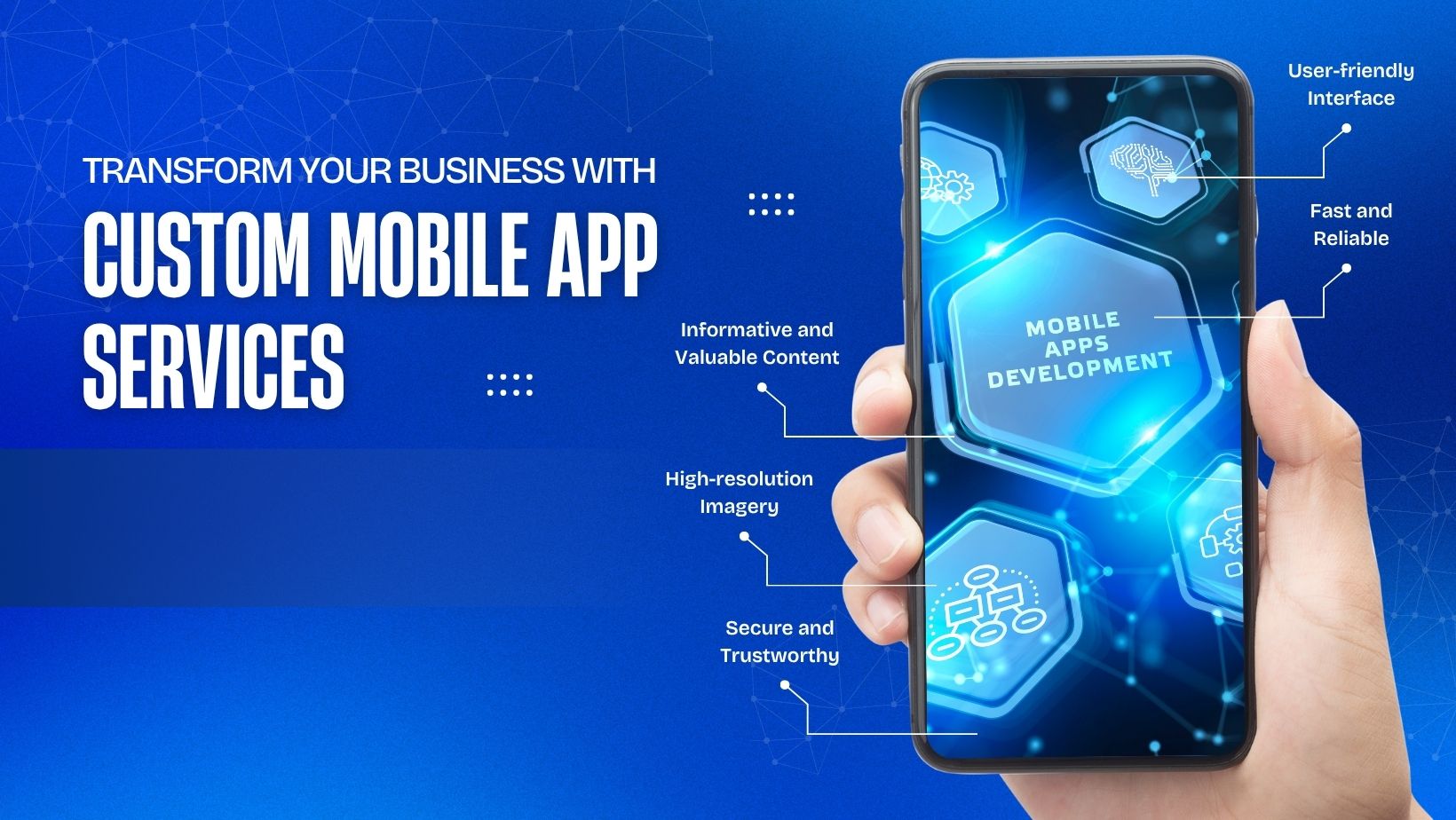The mobile app development landscape is evolving at breakneck speed, with revolutionary technologies reshaping how we build, deploy, and experience mobile applications. As we navigate through 2025, businesses are discovering that staying ahead of mobile app development trends isn’t just an advantage—it’s essential for survival in an increasingly competitive digital marketplace.
AI-Powered Mobile Apps: Beyond Basic Automation
Artificial intelligence integration has moved far beyond simple chatbots and recommendation engines. Today’s AI-powered mobile apps leverage machine learning algorithms, natural language processing, and computer vision to deliver hyper-personalized user experiences. From predictive analytics that anticipate user behavior to real-time language translation and advanced image recognition, AI is transforming mobile app functionality in unprecedented ways.
Key AI Technologies Driving Mobile Innovation:
- Edge AI processing for faster, privacy-focused computations
- Generative AI for content creation within apps
- Conversational AI interfaces replacing traditional navigation
- Predictive user experience optimization
Cross-Platform Development: The Efficiency Revolution
Cross-platform mobile app development has matured significantly, with frameworks like Flutter, React Native, and Xamarin delivering near-native performance while dramatically reducing development time and costs. This approach allows businesses to maintain a single codebase while targeting both iOS and Android platforms, making mobile app development more accessible and cost-effective than ever before.
Benefits of Modern Cross-Platform Development:
- 60-80% reduction in development time
- Consistent user experience across platforms
- Simplified maintenance and updates
- Access to platform-specific features and APIs
Progressive Web Apps (PWAs): Bridging the Native Gap
Progressive Web Apps continue to blur the lines between web and native mobile applications. With enhanced offline capabilities, push notifications, and app-like interfaces, PWAs offer businesses a compelling alternative to traditional native app development. Major companies are increasingly adopting PWA technology to reduce development complexity while maintaining high-performance user experiences.
IoT Integration and Smart Device Connectivity
The Internet of Things (IoT) ecosystem is driving demand for mobile apps that seamlessly connect with smart devices, wearables, and home automation systems. Mobile app developers are now creating sophisticated applications that serve as central hubs for managing connected devices, from smart thermostats and security systems to health monitoring devices and industrial sensors.
Enhanced Mobile Security and Privacy Features
With growing concerns about data privacy and cybersecurity, mobile app development now prioritizes advanced security measures from the ground up. Biometric authentication, end-to-end encryption, zero-trust architecture, and privacy-by-design principles are becoming standard requirements rather than optional features.
Essential Security Features for Modern Mobile Apps:
- Multi-factor authentication systems
- Advanced encryption protocols
- Real-time threat detection
- Compliance with GDPR, CCPA, and other privacy regulations
5G Technology: Unlocking New Possibilities
The widespread adoption of 5G networks is enabling mobile app developers to create applications with previously impossible capabilities. Ultra-low latency, massive bandwidth, and improved connectivity are facilitating real-time AR/VR experiences, cloud gaming, instant video streaming, and IoT applications that require immediate data processing.
Sustainable and Green App Development
Environmental consciousness is influencing mobile app development practices, with developers focusing on creating energy-efficient applications that minimize battery drain and reduce carbon footprints. Green app development involves optimizing code for efficiency, reducing server loads, and implementing sustainable design practices.
The Rise of Super Apps and Micro-Interactions
Super apps that combine multiple services within a single platform are gaining traction, particularly in emerging markets. Meanwhile, micro-interactions and subtle animations are becoming crucial for creating engaging, intuitive user experiences that keep users actively engaged with mobile applications.
Augmented Reality (AR) and Virtual Reality (VR) Integration
AR and VR technologies are moving beyond gaming and entertainment into practical business applications. From virtual try-on experiences in retail to AR-powered navigation and training applications, immersive technologies are creating new opportunities for mobile app innovation.
Cloud-Native Mobile Architecture
Cloud-native development approaches are enabling mobile apps to leverage scalable, distributed computing resources. This architecture supports better performance, easier scaling, and more robust data management while reducing infrastructure costs for businesses.
Choosing the Right Mobile App Development Partner
As mobile app development becomes increasingly complex, selecting the right development partner is crucial for project success. Look for teams with expertise in emerging technologies, a proven track record of delivering scalable solutions, and deep understanding of user experience design principles.
Key Factors to Consider:
- Technical expertise across multiple platforms and frameworks
- Experience with AI, IoT, and emerging technologies
- Strong portfolio of successful app launches
- Agile development methodology and transparent communication
- Post-launch support and maintenance capabilities
Conclusion: Embracing the Mobile-First Future
The mobile app development industry in 2025 is characterized by rapid innovation, user-centric design, and the integration of cutting-edge technologies. Businesses that embrace these trends and partner with experienced mobile app development companies will be best positioned to create applications that not only meet current user expectations but anticipate future needs.
Whether you’re planning your first mobile app or looking to modernize existing applications, understanding these trends is essential for making informed decisions about your mobile strategy. The future belongs to businesses that can adapt quickly to technological changes while maintaining focus on delivering exceptional user experiences.
Ready to transform your mobile app idea into reality? Contact our expert mobile app development team to discuss how we can help you leverage the latest technologies and trends to create a successful mobile application that drives business growth and user engagement.



